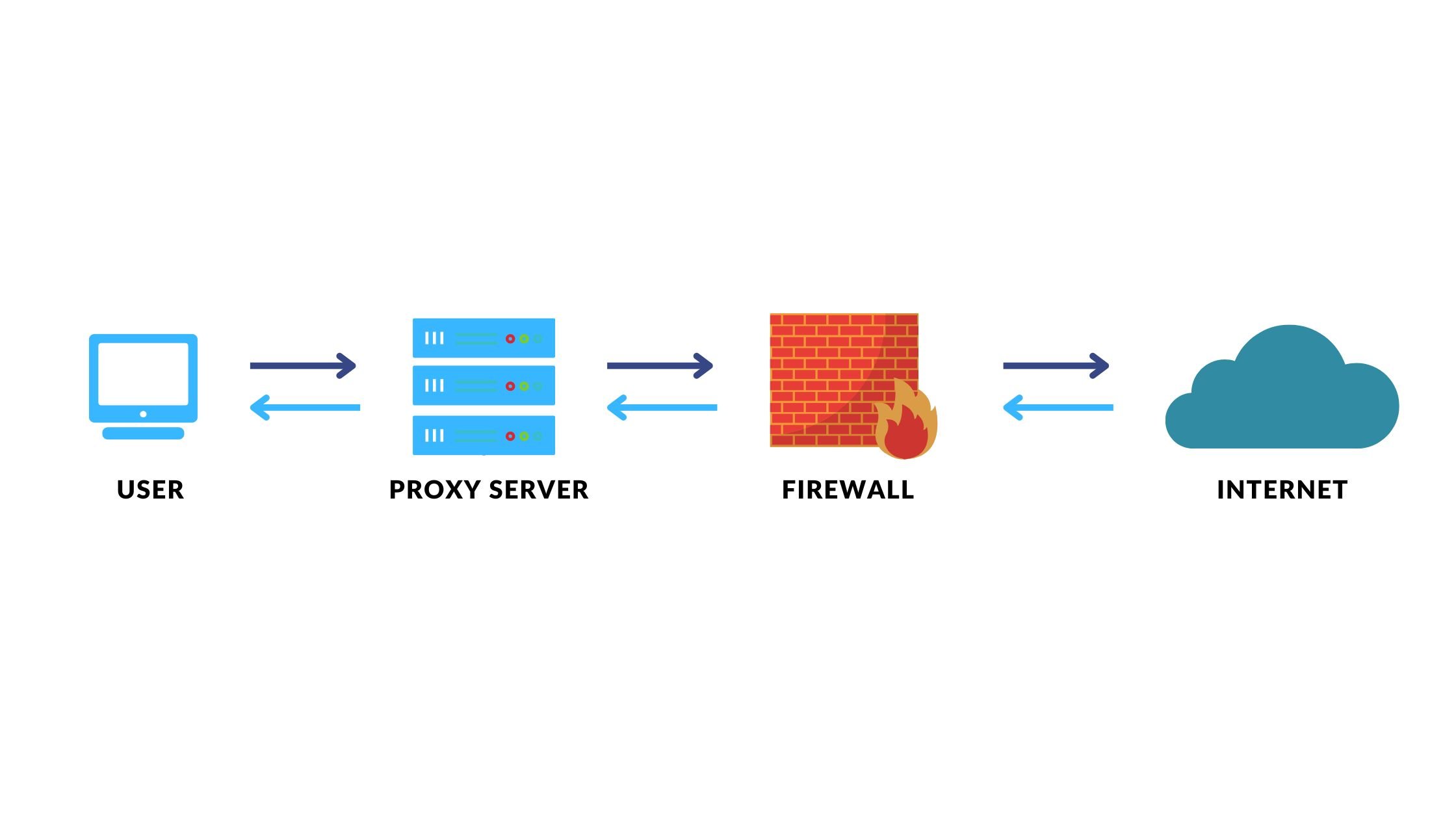Disproving Myths: What Proxy Servers Can and Are Not Able To Perform
In today's digital landscape, proxy servers have become a source of curiosity and misunderstanding for numerous online users. As click becoming tightly linked with privacy and security concerns, grasping what proxy servers can actually do is essential. Many myths exist, and misinformation can lead to unfounded beliefs about how these tools operate. This article aims to clarify the realities of proxy servers, helping you comprehend their capabilities, benefits, and limitations.
Proxy servers serve as middlemen between users and the internet, providing various gains for both private and commercial purposes. Yet, not everything said about them is true. From boosting internet privacy to facilitating access to geo-restricted content, proxy servers have many applications. Yet, their efficacy can differ significantly depending on the type of proxy and how it is configured. Join us as we bust popular myths about proxy servers and clarify what they can and cannot deliver.
Comprehending Proxy Servers and Their Functions
Such servers act as go-betweens between a user's device and the internet. As soon as a user connects to the internet via a proxy server, their requests are sent via the proxy prior to reaching the desired website. This procedure conceals the user's IP address, providing a layer of secrecy and safety. Essentially, a proxy server fetches data from the internet for the user, causing it to appear as though the request is originating from the proxy rather than directly from the user.

There are multiple categories of proxy servers, each serving varied purposes. For example, HTTP proxies are often used for web traffic, while SOCKS proxies can handle diverse types of traffic, including email and video streaming. Transparent proxies do not modify requests or responses, typically used in organizational networks for information filtering. Understanding these different types helps users select the suitable proxy server to satisfy their individual needs, be it for privacy, security, or content access.
The functions of proxy servers broaden past anonymity. They can boost online security by blocking harmful content, stopping access to malicious sites, and protecting sensitive data. In addition, proxy servers boost internet performance by caching frequently accessed content, lowering load times, and decreasing bandwidth usage. This complex role demonstrates how proxy servers are crucial tools for individuals and businesses seeking to improve their online activities and safeguard their information.
Benefits and Risks of Using Proxy Servers
Proxy services offer a variety of advantages for users desiring enhanced online privacy and safety. By directing internet traffic through a proxy, individuals can conceal their IP addresses, making it more hard for sites and online platforms to monitor their activities. This increased disguise can be especially beneficial for those who emphasize their confidentiality while surfing or participating in online activities. Also, proxy services can assist users get around geo-restrictions, allowing access to content that may be restricted in their location, such as media services or specific websites.
Nonetheless, there are also risks linked to using proxy servers, particularly when selecting complimentary or untrusted providers. Free servers often have weak security measures and can expose individuals to information leaks or harmful attacks. Individuals may find their private information at stake when using unsecured servers, making it important to choose a reliable service. Additionally, reliance on proxies can lead to reduced connection speeds, especially when accessing bandwidth-intensive materials, which may detract from the overall online experience.
Moreover, it's important to acknowledge that not every servers provide the identical degree of safeguarding against cybercriminals and online dangers. Although a server can obscure IP identifiers and provide anonymity, it doesn’t automatically encrypt information, which is a key feature for protected online interactions. Thus, individuals must evaluate the pros and disadvantages deliberately and consider their specific requirements and circumstances when determining whether to utilize a proxy server.
Proxy servers across Different Fields
Proxy servers have a variety of uses across different areas, providing essential functions that enhance online experiences and security. In the scope of cybersecurity, companies use proxies to create an additional layer of protection against online threats. By directing data through a proxy, organizations can monitor and control data flows, effectively managing threats and safeguarding confidential data. Moreover, proxies can restrict staff entry to certain websites, ensuring a focused work environment and enhancing overall productivity.
A significant application of proxy servers is in accessing content, particularly for overcoming geo-restrictions. Users utilize these proxy servers to access region-locked media on platforms such as Netflix and Hulu, allowing for a more diverse viewing experience without being restricted by geography. Many opt for custom proxy servers designed for streaming to maintain high speed and performance, ensuring smooth viewing without interruptions. Such capabilities has made proxies a preferred choice for individuals wanting to explore an extensive range of content that would otherwise be unavailable.
In web scraping and market analysis, proxies are invaluable tools for businesses and users alike. They allow users to gather information from various websites without raising red flags that would lead to bans or limits. By using different proxies, data gatherers can spread their queries, simulating genuine user actions and thus preventing detection. This ability gives companies a strategic advantage by enabling them to obtain insights and analytics from competitors quickly and effectively, solidifying the role of proxy servers as a critical asset in today's data-driven strategies.